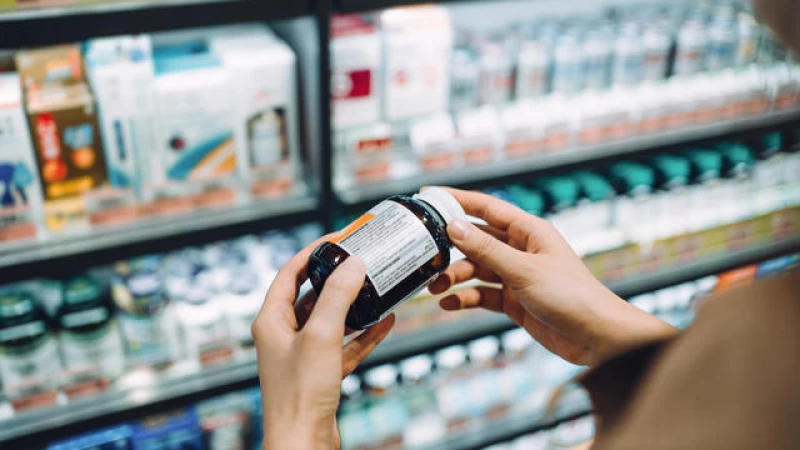The recall of red yeast products linked to at least five deaths in Japan may have Americans questioning the safety of a range of dietary supplements containing the ingredient and readily found online and in stores.
Billed as a natural means of lowering cholesterol, the products recalled by Kobayashi Pharmaceutical Co. contain benikoji, an ingredient derived from a species of mold.
At a news conference on Friday, the company said it had found a chemical compound — puberulic acid — in the recalled products, and is looking into whether the substance might be linked to the fatalities, the Japan Times newspaper reported. Kobayashi also said its products were exported to other countries, including China and Taiwan.
For now, no products containing benikoji have been recalled in the U.S. or linked to health issues. In Japan, meanwhile, the problem could stem from a quality control issue that allowed unwanted substances to enter Kobayashi's production line.
"Buyer beware"
Still, the scenario in Japan raises concerns for other markets, including the U.S., experts said.
"It is highly likely that this issue extends beyond Japan to affect products in other regions," stated David Light, co-founder and president of Valisure, an independent laboratory known for identifying carcinogens in various products like acne cream, sunscreen, and the heartburn medication Zantec. Light pointed out that the supply chains for health and dietary supplements closely resemble those of prescription drugs, where items are manufactured in one country and distributed to multiple markets.
As per Kobayashi's official website, the company is focused on expanding the sales of six brands, including over-the-counter pharmaceuticals, in the United States, China, and Southeast Asia. Kobayashi Healthcare, the company's U.S. subsidiary based in Dalton, Ga., has not responded to requests for comments.
"While there is a place for supplements, consumers should exercise caution," advised Dr. Tod Cooperman, founder and president of ConsumerLab.com, an organization that analyzes supplements to verify their contents.
Requests for comments from the Food and Drug Administration remain unanswered at this time.
According to the physician, when yeast cultivated on rice is produced correctly, it generates various compounds, including lovastatin, a substance known for its cholesterol-lowering properties. However, if there are errors in the production process, citrinin, a chemical associated with kidney toxicity in animals, may be produced instead, Cooperman explained.
Many individuals buy dietary supplements and herbal medicines online or over the counter, assuming they undergo the same regulations as pharmaceuticals. Unlike drugs, the FDA does not verify the ingredients listed on supplements, and the standards for supplements are less rigorous under federal law.
ConsumerLab.com conducted its most recent assessment of red yeast rice supplements in 2022, discovering citrinin in 30% of the products tested, Cooperman disclosed.
"One had 65 times the limit set in Europe," he added, noting that the U.S. has not set a limit on the chemical.
Since lovastatin is classified as a drug, it is often left out as an ingredient by supplement makers looking to avoid the additional regulatory scrutiny.
When red yeast supplements became available in the U.S. more than two decades ago, they offered a less expensive option to prescription statins that were available over the counter. But it is difficult for consumers to verify a supplement's ingredients, or determine if a product contains unlisted substances.
Consumers would be "better off going to a doctor and using a prescription cholesterol lower-er because there is more certainty as to what you're getting," Cooperman said. "[S]ome of the older statins are generic now, so it's probably less expensive and safer to be buying a generic statin at this point."
Meanwhile, he urges caution in taking supplements.
"There are a lot of brands out there that are more fly-by-night," Cooperman said, "Our focus is on trying to find the best products. We're finding one out of five products fail."







